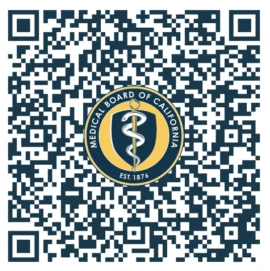When found early, colon cancer has a 5-year survival rate of 91%. Colonoscopies are also useful for detecting and removing polyps before they become cancerous.
Most people are recommended to get a colonoscopy after age 45. However, with increasing rates of colon cancer in younger individuals, it’s wise to look into what other risk factors may play a role in the development of the disease and find out if you’re a good candidate for a colonoscopy at an earlier age.
Specialists don’t know why younger individuals get colon cancer. It could be a combination of factors including family history, environmental carcinogens, and risk factors such as obesity and a sedentary lifestyle.
If you’re wondering whether you could benefit from a colonoscopy, read on. Below, we asked our experts at Digestive Disease Consultants of Orange County in Orange County, California, to explain when it may be time to consider a colon cancer screening before age 45.
Finding out if you have several risk factors for colon cancer
If you’re young and healthy yet have several risk factors, you may still benefit from early screening. Common risk factors for colon cancer include the following:
- Suffering from obesity
- Being exposed to radiation
- Smoking cigarettes and drinking alcohol
- Having a family history of polyps or colon cancer
- Being diagnosed with irritable bowel syndrome, Crohn’s disease disease, or ulcerative colitis
- Suffering from Lynch syndrome or familial adenomatous polyposis (FAP)
If you fall into one of the categories above, our specialists can look at your medical history and other individual markers and determine whether you’re a good candidate for colon cancer screening.
What does a colon cancer screening entail?
Our providers perform a colonoscopy to screen for colon cancer. A colonoscopy is a procedure in which a thin, long tube with a camera is inserted through the anus and guided through the colon.
This procedure enables our experts to see if there are any potential issues present in your colon. If some polyps appear to be problematic, our experts can remove them during your colonoscopy.
While undergoing a colonoscopy, you are moderately sedated. This means you won’t feel pain or discomfort but you can still hold a conversation. However, some people may fall asleep. After the procedure, you may experience some light bloating and gas for a couple of days.
Learn more about colon cancer screening with us
If you have one or several risk factors for colon cancer, get peace of mind by scheduling an appointment. Our team of specialists at Digestive Disease Consultants of Orange County can help you detect polyps before they turn cancerous or catch cancerous growths in their earliest stages.



